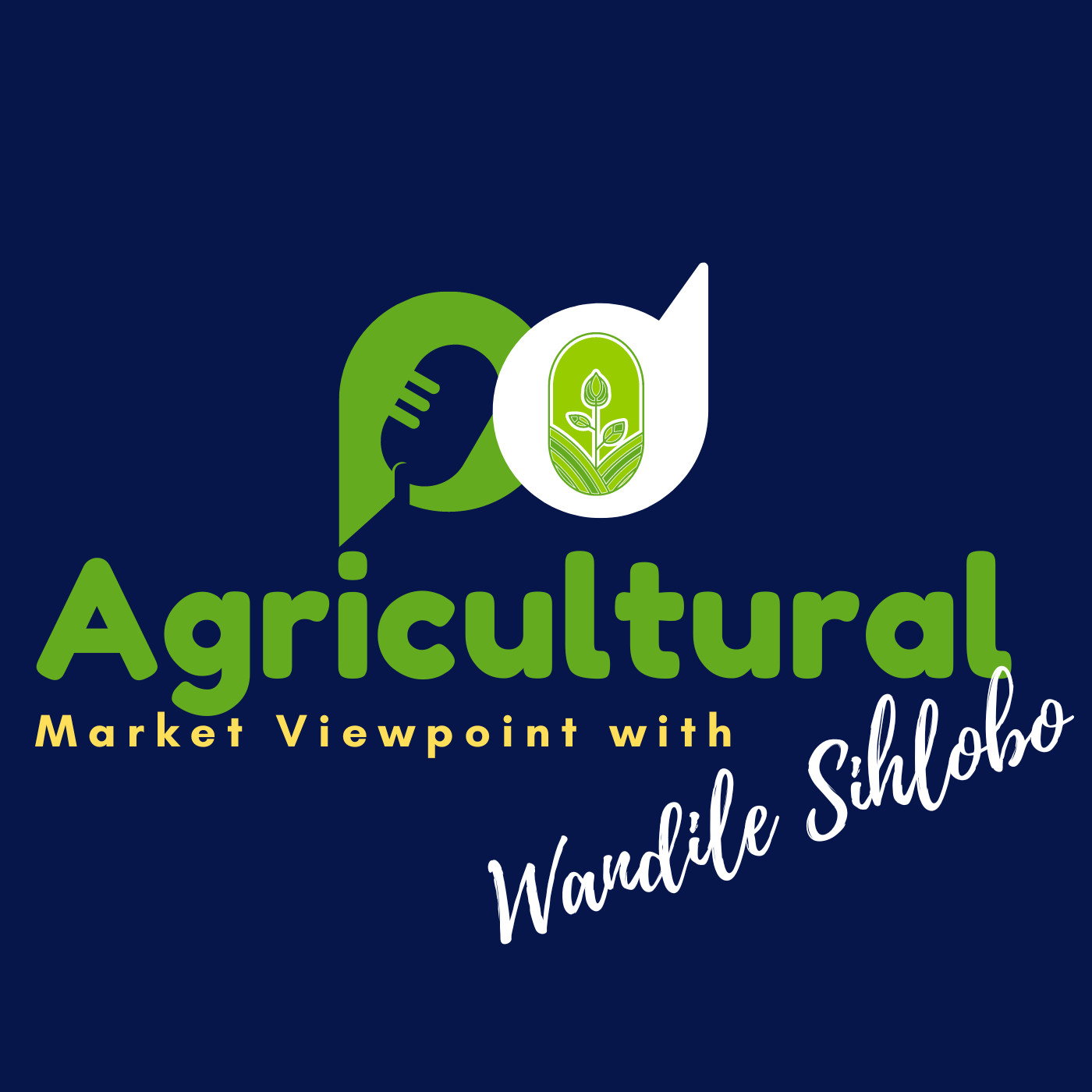Listen "Farming for 30 years in a democratic South Africa"
Episode Synopsis
There are divergent views about the effectiveness and extent to which South Africa's agricultural policies have been implemented.
Regardless of how experts feel about the capacity of the state and the policy stance of the South African government since the dawn of democracy, the one undeniable fact is that the sector has grown tremendously. Data from the Department of Agriculture, Land Reform and Rural Development show that domestic agricultural output in 2022/23 was twice as much as in 1993/94.
Whether this growth has been inclusive and transformative is a question I will return to later in this piece.
For now, it's important to emphasize the growth of the industry and the drivers of its expansion. Significantly, this expansion was not driven by a few sectors but has been widespread -- livestock, horticulture and field crops have all seen strong growth over this period.
Of course, the production of some crops, most notably wheat and sorghum, has declined over time. This, however, had a lot to do with changes in agroecological conditions and falling demand in the case of sorghum, not policies.
These higher production levels have been underpinned, mainly by adopting new production technologies, better farming skills, growing demand (locally and globally), and progressive trade policy. The private sector has played a major role in this progress.
Listen to the podcast for a detailed reflection.
My writing on agricultural economic matters is available on my blog: https://wandilesihlobo.com/ Wandile Sihlobo website
Regardless of how experts feel about the capacity of the state and the policy stance of the South African government since the dawn of democracy, the one undeniable fact is that the sector has grown tremendously. Data from the Department of Agriculture, Land Reform and Rural Development show that domestic agricultural output in 2022/23 was twice as much as in 1993/94.
Whether this growth has been inclusive and transformative is a question I will return to later in this piece.
For now, it's important to emphasize the growth of the industry and the drivers of its expansion. Significantly, this expansion was not driven by a few sectors but has been widespread -- livestock, horticulture and field crops have all seen strong growth over this period.
Of course, the production of some crops, most notably wheat and sorghum, has declined over time. This, however, had a lot to do with changes in agroecological conditions and falling demand in the case of sorghum, not policies.
These higher production levels have been underpinned, mainly by adopting new production technologies, better farming skills, growing demand (locally and globally), and progressive trade policy. The private sector has played a major role in this progress.
Listen to the podcast for a detailed reflection.
My writing on agricultural economic matters is available on my blog: https://wandilesihlobo.com/ Wandile Sihlobo website
More episodes of the podcast Agricultural Market Viewpoint with Wandile Sihlobo
South Africa's maize exports to Zimbabwe continue, as the import ban seems to have been eased
13/10/2025
Kenya's maize production has recovered
27/09/2025
South Africa's food price inflation eases
17/09/2025
South African farmers will start planting summer crops in October, and the outlook is encouraging
16/09/2025
Zimbabwe bans maize imports
01/09/2025
 ZARZA We are Zarza, the prestigious firm behind major projects in information technology.
ZARZA We are Zarza, the prestigious firm behind major projects in information technology.
